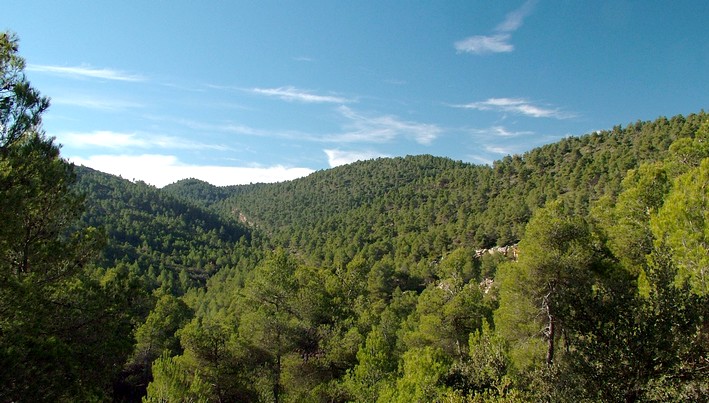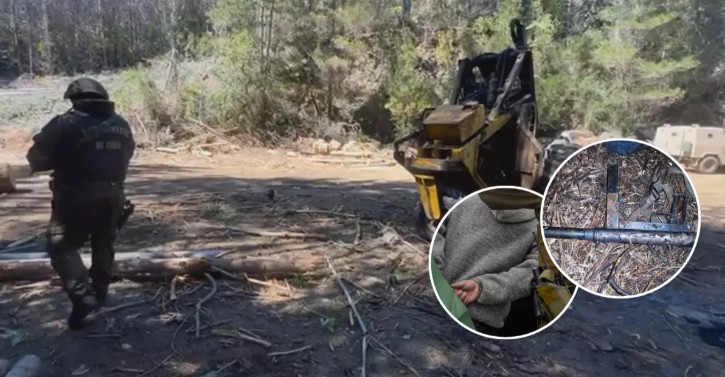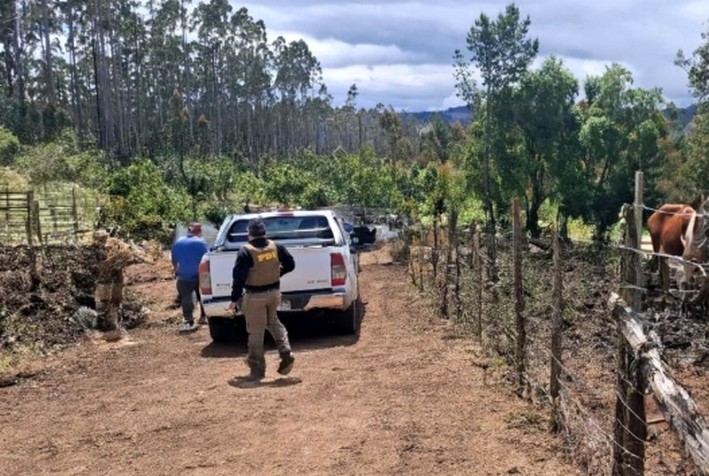Chile and Spain Unite Science to Tackle Drought in Mediterranean Forests
With the goal of strengthening international collaboration and enhancing understanding of how drought affects Mediterranean forests, the Pontifical Catholic University of Valparaíso (PUCV) organized the seminar "Drought Vulnerability in Mediterranean Forests," bringing together experts from Chile and Spain.
The meeting was driven by the Laboratory of Dendrochronology and Environmental Studies of PUCV within the framework of the FOVI project, which aims to create scientific cooperation networks to study the vulnerability and adaptive capacity of forests to intense droughts, increasingly frequent in the context of climate change.
During the event, topics such as post-fire restoration, species' responses to water scarcity, and monitoring strategies to protect ecosystems were discussed, consolidating a space for knowledge and experience exchange between researchers from both countries.
A Shared Challenge
Chile and Spain are part of the six Mediterranean ecosystems on the planet, facing similar challenges in conservation, water management, and climate adaptation. This similarity has made cooperation between the two countries a strategic opportunity.
The director of the Laboratory of Dendrochronology and the PUCV Climate Action Center, Ariel Muñoz, explained that "working with Spanish colleagues, who study very similar ecosystems, allows us to compare results and advance more quickly in estimating the vulnerability of our forests to climate change."
From Spain's Center for Ecological Research and Forestry Applications (CREAF), researcher Jordi Vayreda presented an index to measure the risk and vulnerability to drought in Mediterranean forests. He noted that the most diverse forests—in species, ages, and sizes—are also the most resilient to drought, highlighting the value of ecological diversity as a natural shield against climate change.
Restoration and Resilience
Academic Beatriz Duguy from the University of Barcelona shared experiences on ecological restoration after fires in Catalonia. She emphasized that when vegetation regenerates spontaneously, it is best not to intervene, but when species are lost without the ability to resprout, active restoration becomes essential.
From Chile, Alejandro Venegas from the University of O'Higgins discussed the recovery of forests after prolonged droughts. "Some species resprout more than others, but in general, all show a remarkable capacity for recovery," he commented.
Meanwhile, Susana Paula, an academic at the Austral University of Chile and researcher at the Institute of Ecology and Biodiversity, explained that plants that manage to maintain efficient photosynthesis during dry periods are the ones that best withstand water scarcity.
The seminar made it clear that international collaboration is key to addressing the effects of climate change, especially in fragile ecosystems like Mediterranean forests. Through joint work, scientists seek to promote nature-based solutions that enhance the resilience of these forests in the face of an increasingly dry future.
















